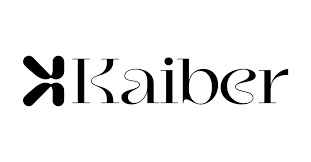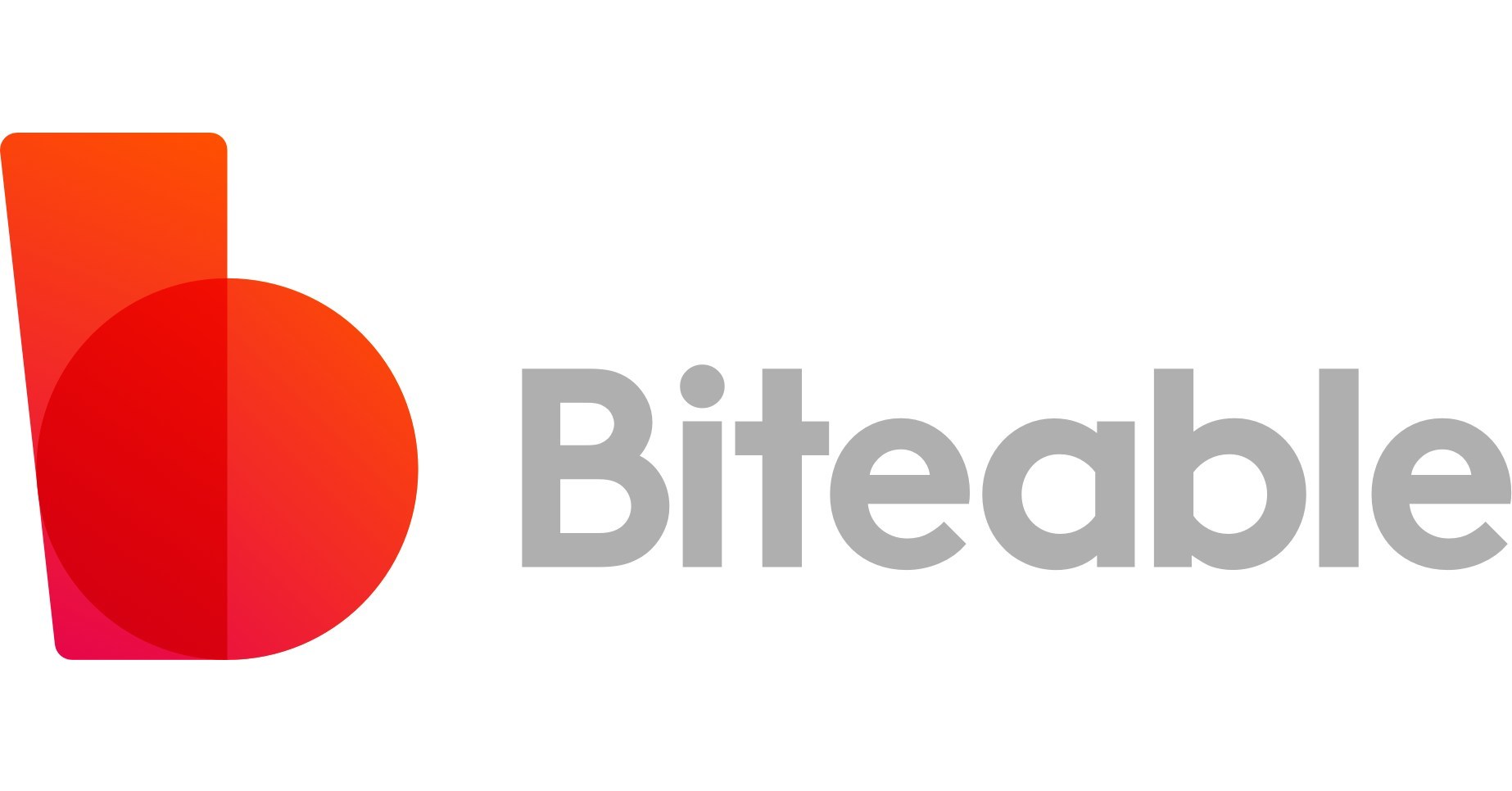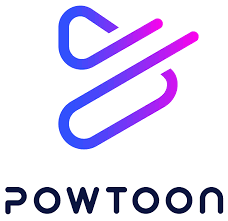Whether you're a brand, an influencer, or just someone passionate about content creation, producing engaging video content that captures viewers’ attention is crucial in today's social media landscape. The rise of artificial intelligence (AI) tools has made video creation more accessible than ever. This comprehensive guide will walk you through how to create an AI-animated video, ensuring your content takes your target audience to the next level.
Step 1: Choose Your AI Video Maker
There are many AI video maker tools on the market. Here are the top 8 to consider:

Kaiber AI: This AI video maker features user-friendly templates, comprehensive tutorial resources, and can optimize your videos for various social media platforms.

Adobe Creative Cloud: This suite offers advanced video editing and animation tools such as Adobe After Effects and Adobe Premiere Pro. They provide an array of templates, transitions, and motion graphics.

Animaker: A tool designed for beginners, offering easy-to-use templates for explainer videos, animated videos, and more. It also has a text-to-speech feature for easy voiceovers.

Renderforest: This online video maker allows you to make high-quality videos using their video templates, color correction, and royalty-free music.

Biteable: Known for its vast library of video templates and simple, user-friendly video editing software interface.

Vibely: It uses AI to streamline video production and editing, enabling you to create professional videos with relative ease.

Toonly: A desktop-based application that provides an array of templates for animated videos, with a straightforward storyboard creation process.

Powtoon: Focused on creating animated explainer videos and social media videos, it offers a host of templates, transitions, and voiceover capabilities.
Step 2: Write Your Video Script
A strong video script forms the backbone of engaging video content. Use AI tools to optimize your video script based on your target audience's preferences. Consider the tone, language, and the types of videos that resonate most with your audience.
Step 3: Create a Storyboard
Use your chosen video editing software to create a storyboard. This provides a visual representation of your video script. AI tools like Adobe's Sensei can automate the process, turning your script into a storyboard.
Step 4: Choose Your Templates
Templates make video-making more manageable. Most video maker platforms offer various templates for different use cases, from explainer videos to brand videos.
Step 5: Customize Your Video
Customize your video with animations, motion graphics, fonts, sound effects, and background music. Ensure that your video content aligns with your brand's aesthetic and your audience's preferences.
Step 6: Incorporate Voiceover and Subtitles
If your video requires narration, use AI-powered text-to-speech tools for voiceovers. Additionally, include subtitles to enhance accessibility and improve SEO.
Step 7: Optimize and Share
Before you share your final product, optimize it for search algorithms and specific social media platforms. Use SEO tools to identify the best keywords, titles, and descriptions for your YouTube videos or other platforms.
AI video technology opens up a world of possibilities for video content creators. From live-action video editing to animated videos, the ability to create high-quality videos is now in anyone's hands. So, dive in, start experimenting, and take your video marketing strategy to the next level with AI video tools. With the right approach, your AI animated videos can capture the attention of viewers, engage your target audience, and ultimately, boost your brand's presence online.
Is there an AI that can make animations?
Yes, there are several AI tools capable of creating animations. Some of the most prominent ones include DeepArt, Runway ML, and Artbreeder. They use advanced algorithms to animate static images or help design entirely new animations from scratch.
How to use Kaiber AI?
To use Kaiber AI, follow these steps:
- Sign Up: Register for an account on the Kaiber AI website.
- Select Template: Choose a template that suits your video's purpose.
- Edit Video: Use the AI-assisted tools to edit your video. This can include adding text, animations, and voiceovers.
- Review & Export: Once you're satisfied with your video, export it in your desired format.
How do you make an animated video on mobile?
Many mobile apps, like Adobe Spark, Canva, and Animaker, allow you to create animated videos. You typically start by selecting a template, adding your media, customizing the video with text, transitions, and music, and then exporting the final product.
How to make an animation version of a human?
To make an animation of a human, use AI tools like DeepArt or Poser. These platforms allow you to upload an image of a human and create an animation with realistic movements. This process involves advanced AI algorithms that analyze human anatomy and biomechanics to create lifelike animations.
What is the best AI for animation?
The best AI for animation depends on your needs. For instance, Adobe Sensei offers sophisticated tools for professional video creators, while Toonly or Powtoon are excellent choices for beginners or non-professionals. Kaiber AI is also a great option with its user-friendly interface and comprehensive AI features.
What can you do with an AI video?
AI videos can be used for various purposes. These include social media posts, explainer videos, product introductions, brand videos, video marketing campaigns, and tutorials. AI videos can also be optimized for search engine algorithms to enhance visibility on platforms like YouTube.
What are the best features of AI animated videos?
The "best" AI animated videos typically combine engaging content, seamless transitions, compelling voiceovers, and high-quality animations. A few popular examples include the "AI in a Day" series by Microsoft, Google's "AI Experiments," and the animated explainer videos by Kurzgesagt.
How to make an AI-animated video with a computer?
Creating an AI-animated video with a computer involves several steps:
- Choose Your AI Tool: Decide on the AI video maker that best suits your needs.
- Script & Storyboard: Plan your video with a script and storyboard.
- Select Template & Customize: Choose a template and customize it with animations, text, and other elements.
- Add Voiceover & Subtitles: Use text-to-speech tools for voiceovers and add subtitles.
- Export & Share: Export your final video and share it on your chosen platforms.
How to make a video with AI?
Creating a video with AI involves the same basic steps as creating an AI-animated video, as outlined above. The main difference is the type of content you'll be working with. AI video makers can handle various video types, including live-action footage, static images, and even purely digital elements. The AI helps with aspects like video editing, transition smoothing, color correction, and even adding sound effects and background music.





